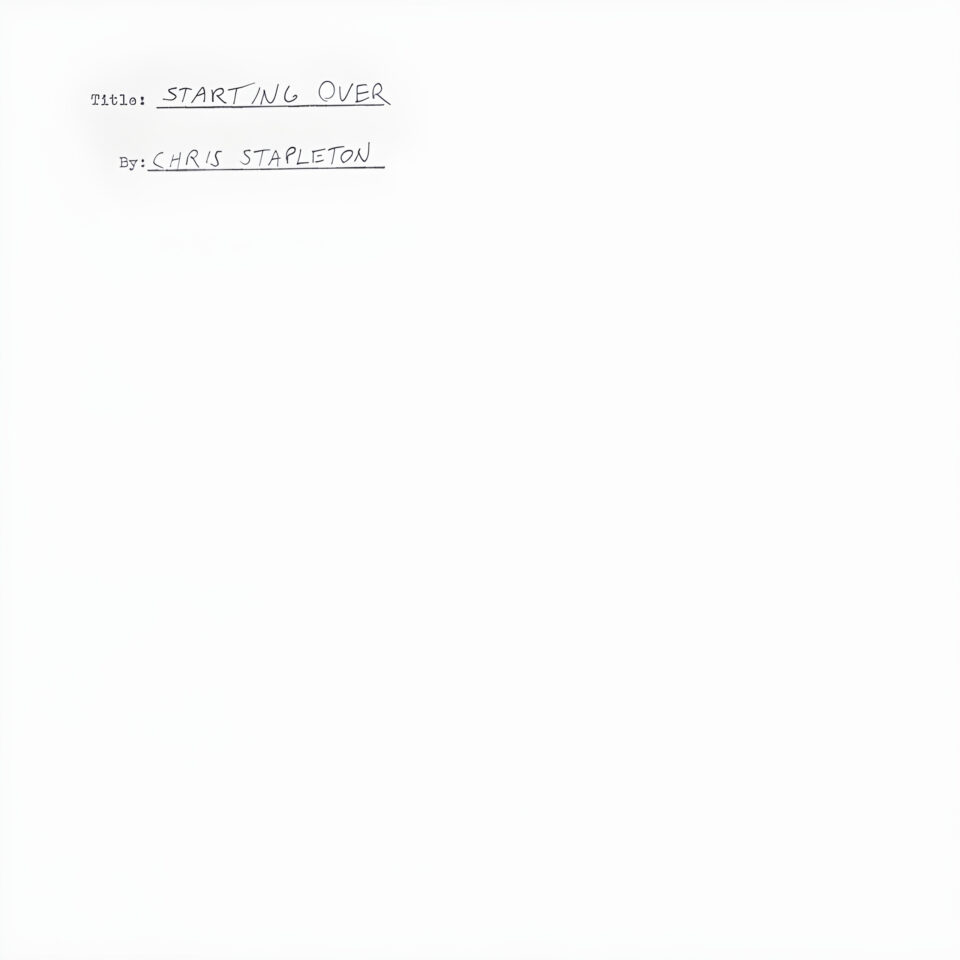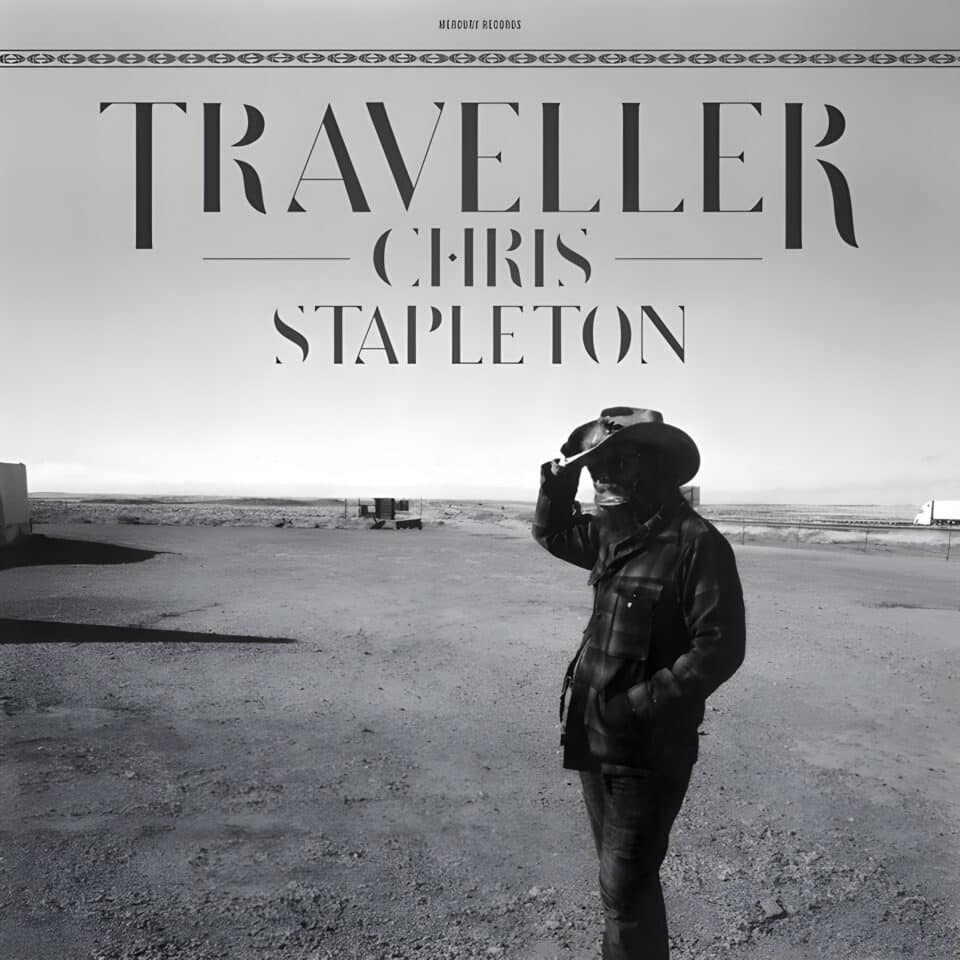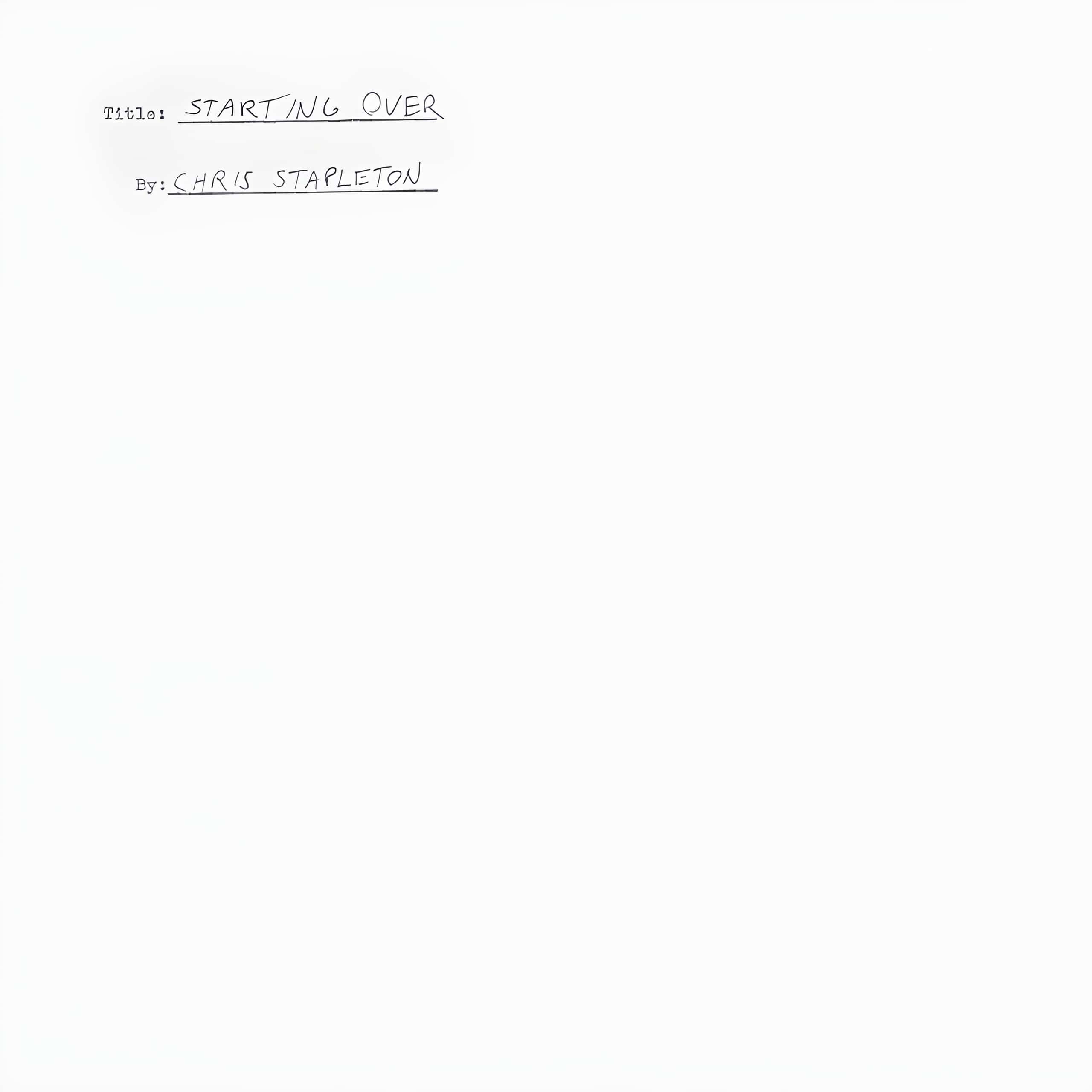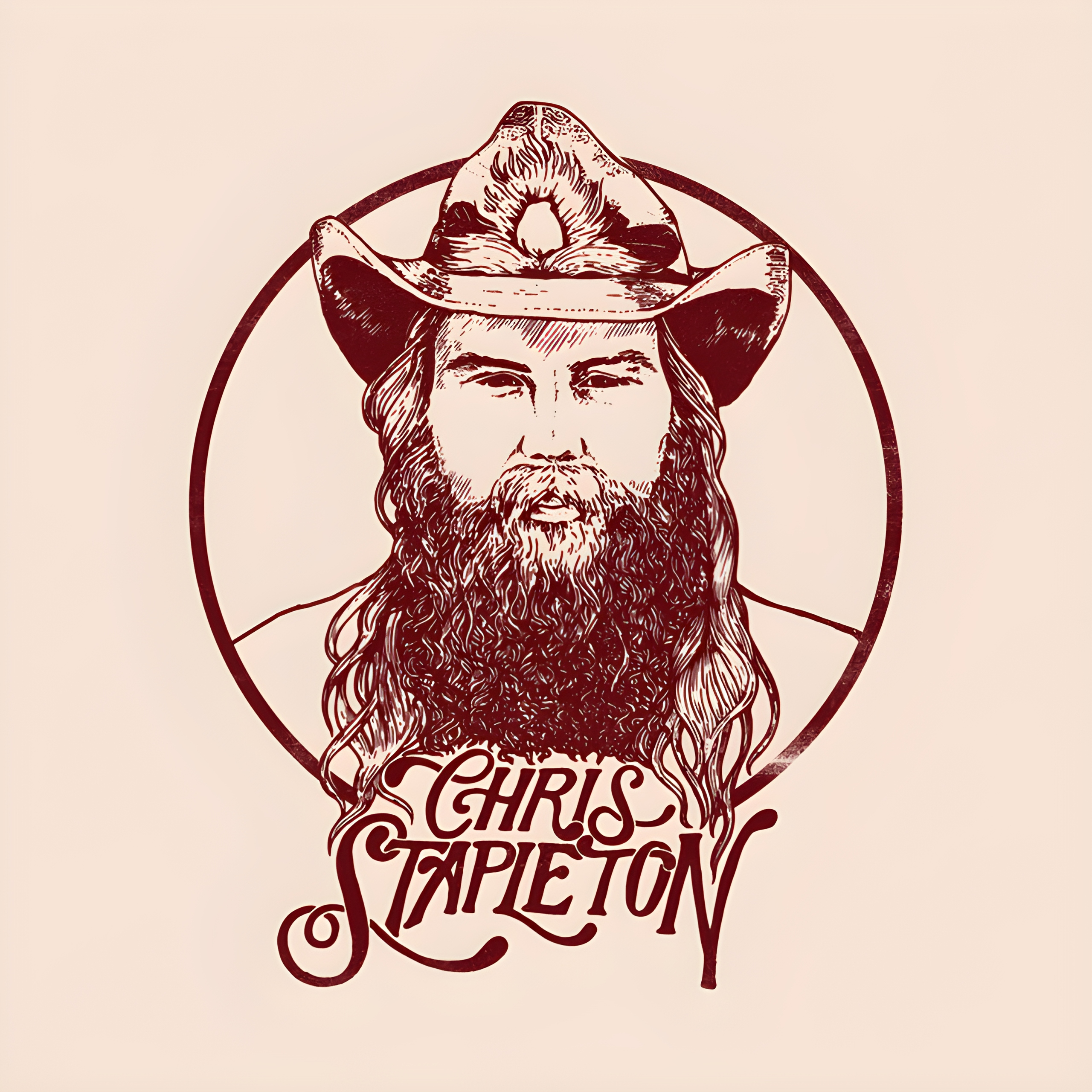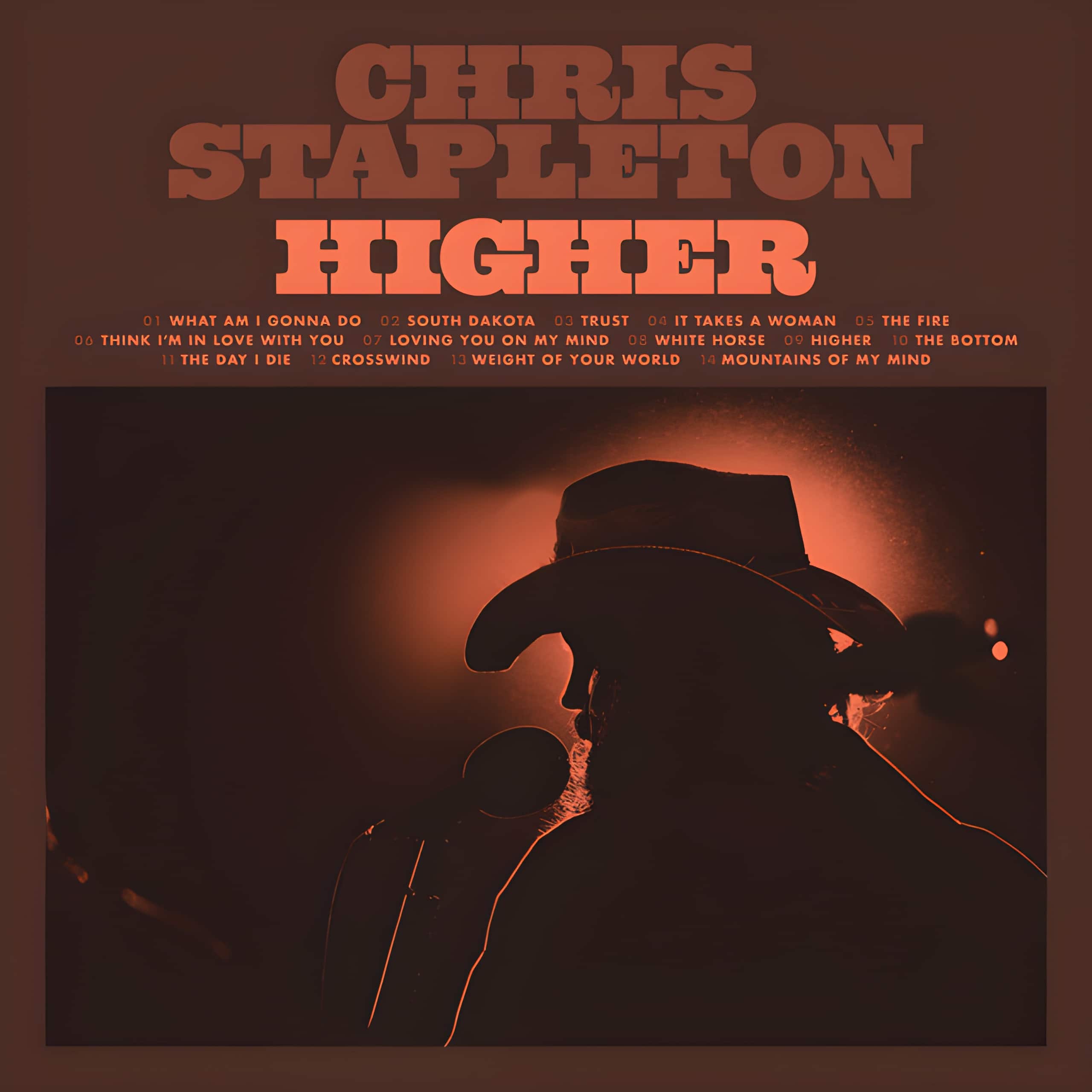Released: 2020
“You Should Probably Leave” by Chris Stapleton is a song that simmers with the tension of knowing the right thing to do but wrestling with the temptation to do the opposite. It captures the push and pull of attraction and practicality, where the heart and the head are in a quiet tug-of-war.
The opening lines, “I know it ain’t all that late, But you should probably leave”, instantly set the mood. Here, Stapleton is acknowledging it’s not too late at night, yet he feels that it’s best if the person he’s with goes home. This isn’t about the time; it’s about preventing a situation where they might make decisions they’ll regret. It’s about being on the brink, caught between desire and the clarity of knowing where things “gonna lead” if they don’t stop now.
In lines like “And I recognize that look in your eyes, Yeah, you should probably leave”, Chris is acknowledging an unspoken understanding between them, a mutual desire that’s hard to ignore. This isn’t their first rodeo; they’ve been here before and know that succumbing to temptation could lead to complications. When he says, “You want me to say that I want you to stay,” it’s clear they both want the same thing but also realize it’s not what they need.
The chorus, repeating “you should probably leave”, serves as both a warning and a wish. It’s as if with each repetition, Stapleton is trying to convince himself just as much as he is the other person. Then, the imagery of “Like a devil on my shoulder, you keep whisperin’ in my ear” paints the internal struggle he’s facing. It’s not just about resisting another person but fighting the part of himself that wants to give in.
The verse, “Sun on your skin, 6 a.m. And I been watchin’ you sleep”, introduces a scenario where they didn’t heed the warning. The morning after, the intimacy of the moment is marred by the realization that perhaps this should not have happened. It’s a bittersweet picture of closeness and regret, a moment that’s both precious and precarious.
Overall, “You Should Probably Leave” delves into the complexities of human desire, the knowledge of potential heartache, and the difficulty of making the right choices. Its power lies in its relatability—most of us have been at that crossroads, making the song a poignant mirror of the heart’s often conflicting desires.
